Environmentalists rightly urge us to consider the long-term effects of our actions. Plastic bags, they point out, can take hundreds of years to decompose, while radioactive waste can remain dangerous for hundreds of thousands of years. It could take the Earth’s biosphere several million years to recover from human-caused mass extinctions.
As an environmental philosopher, I spend a lot of time thinking about facts such as these. This can be depressing. Still, looking very far into the future offers a glimmer of hope. After all, our waste will eventually decompose. The ecosystems we have degraded will eventually recover.
To be sure, like all things, planet Earth will eventually meet its end, engulfed, perhaps, by the expanding sun. However, as comedian George Carlin once said, it will nonetheless “be here for a long, long, long time after we’re gone and it will heal itself, it will cleanse itself, ‘cause that’s what it does”.
Only a few people, perhaps including Donald Trump, claim that this provides a reason to refrain from preserving biodiversity, reducing pollution or taking any other sort of environmental action. However, some think it tells us why such action is needed.
For them, the fact that the planet will eventually recover tells us that when environmental action is needed, it’s needed not for the planet’s sake, but for ours – for the sake of us humans.
Here’s how Peter Kareiva, former chief scientist and vice president of NGO The Nature Conservancy, expresses the point:
Almost no matter what we do, life will persist on Mother Earth – she is one tough lady. Even if there is a massive extinction, slowly the number of species will recover. So it is not Mother Earth that we should worry about. It is the quality of our own lives.
Satya Tripathi, secretary-general of the Global Alliance for a Sustainable Planet, agrees:
We need to look at ourselves, be very selfish, stop making high-sounding claims that we are helping Mother Nature and the planet, [and] start telling that we are helping ourselves […] The planet does not need saving. Mother Nature was here billions of years ago, and she will be here after us.
The writer Frederick Lim takes a similar line:
The planet does not need saving. Mitigating the impacts of climate change isn’t for Earth’s sake. Rather, it is for our own survival […] Even if we choose to neglect the climate emergency, and cause the Earth’s environment to be inhabitable, planet Earth would still survive.
The argument implied by these claims runs as follows. Take some immense and near-invulnerable entity such as planet Earth or Mother Nature. That entity will eventually recover from whatever damage we humans do to it.
So we don’t need to engage in environmental action for the sake of anything as grand as planet Earth or Mother Nature. We need to do it for ourselves – for the sake of us humans.
This is an argument for ‘anthropocentrism’: the view that the non-human world only has value because it serves human interests. There are several things wrong with it. Here, though, let’s consider just one.
The anthropocentrists seem to assume that people can only ever take environmental action either for the sake of some gigantic entity such as planet Earth, or for the sake of human beings. So if we reject the first option, we must accept the second.
That, however, is a false dilemma. Other options are available.
Take Bukit Barisan Selatan National Park in Sumatra, for example. The anthropocentrists quoted above would, I expect, acknowledge that that huge area of highly biodiverse tropical forest should continue to be protected.
But they would add that it needn’t be protected for the sake of the planet. Even if the forest is levelled and transformed into coffee plantations, the planet will be just fine. Ditto Mother Nature.
They would add that Bukit Barisan Selatan should be protected for the sake of human beings – because it supplies certain people with vital material goods, for instance, or because it has cultural value for them.
But that is not the whole story. There is a third option – a third reason why the area should be protected.
Consider the non-human animals for whom the place is home. Consider the dishevelled, bear-like binturong, or the slow loris, a fluffy, owl-eyed mammal with a toxic bite. Or take the Sumatran rhino, the Sumatran tiger or the Sumatran elephant. These animals are not just parts of planet Earth, Mother Nature or whatever. They are conscious individuals.
And, as the philosopher Martha Nussbaum and others have argued, they both deserve to flourish and need places in which they can flourish. So, although the forest really should be protected for our sakes, it should be protected for theirs too.
The anthropocentrists are, therefore, partly right. The planet doesn’t need saving. But acknowledging this does not mean we must be “very selfish” and devote all our efforts to saving ourselves. There are other reasons to protect the strange, wonderful and partly non-human world we inhabit.
This article was originally published in The Conversation.
Photo by NASA on Unsplash.


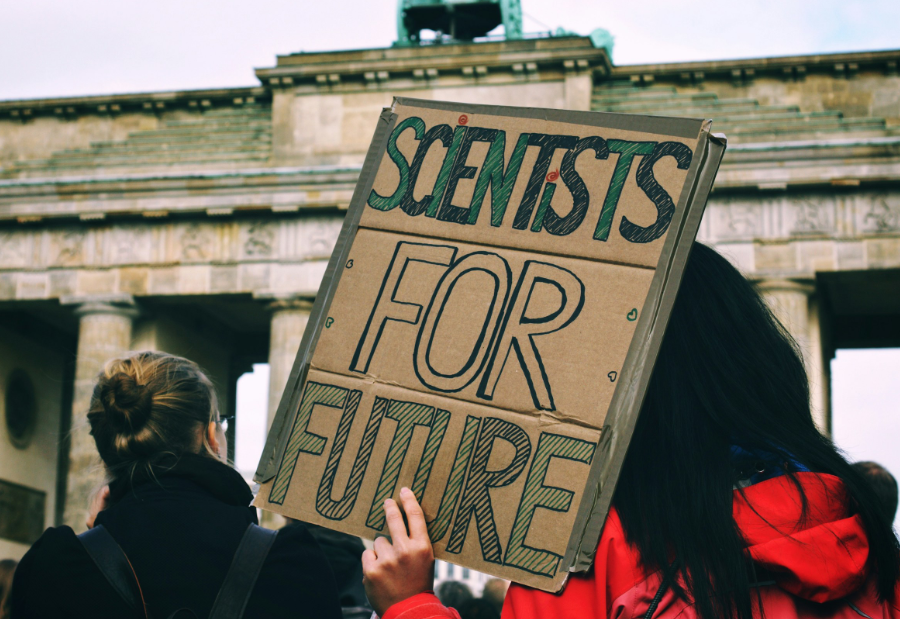
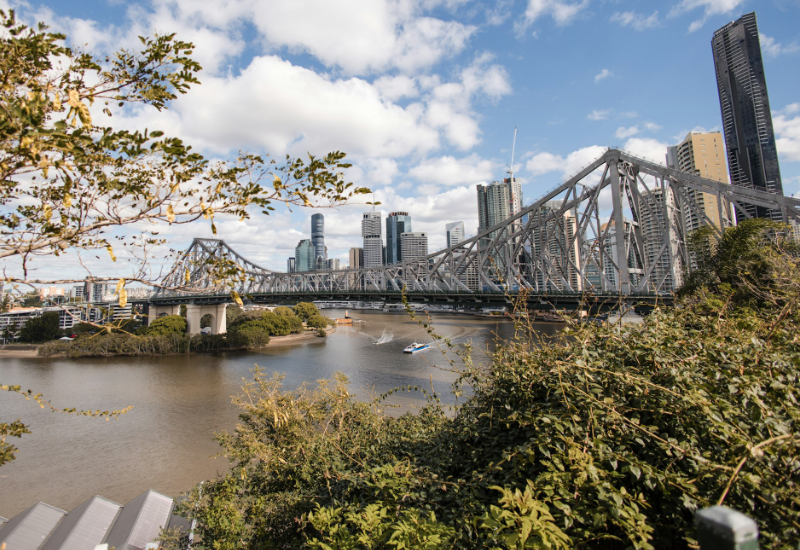


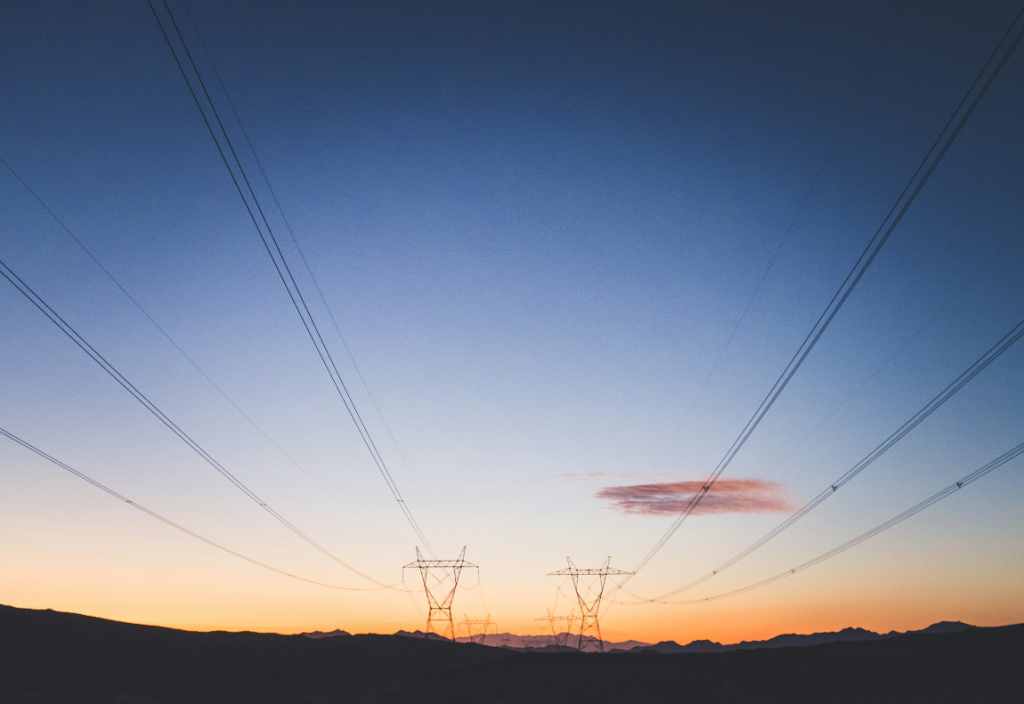
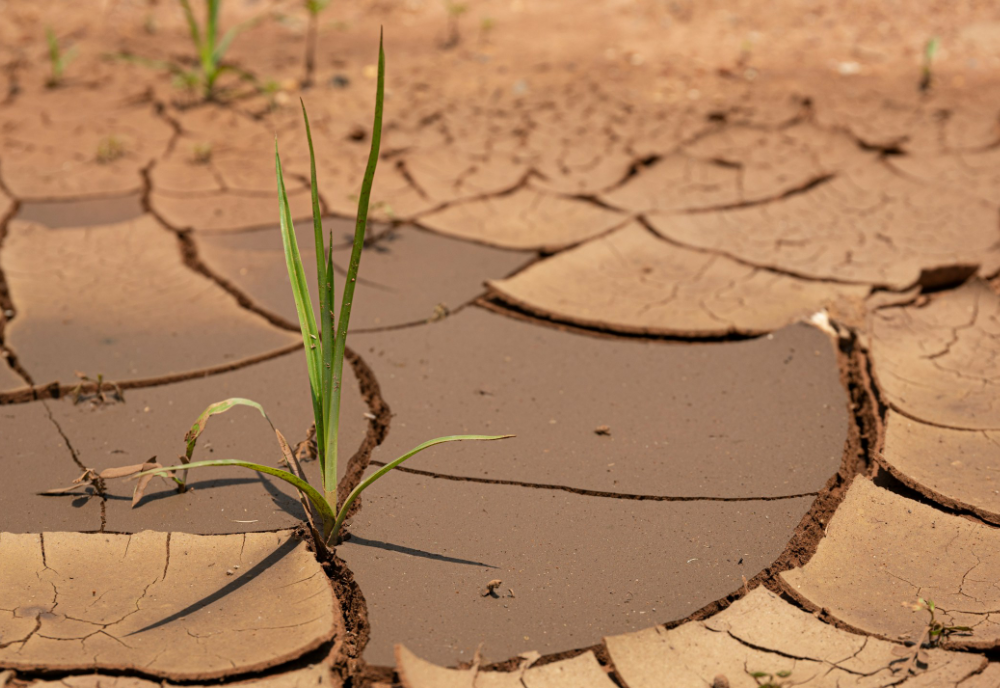


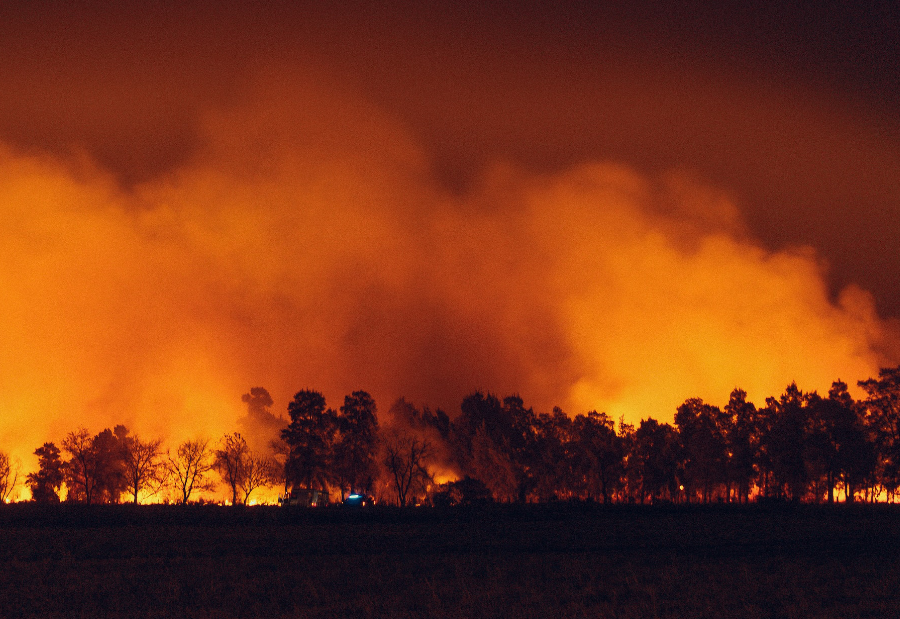

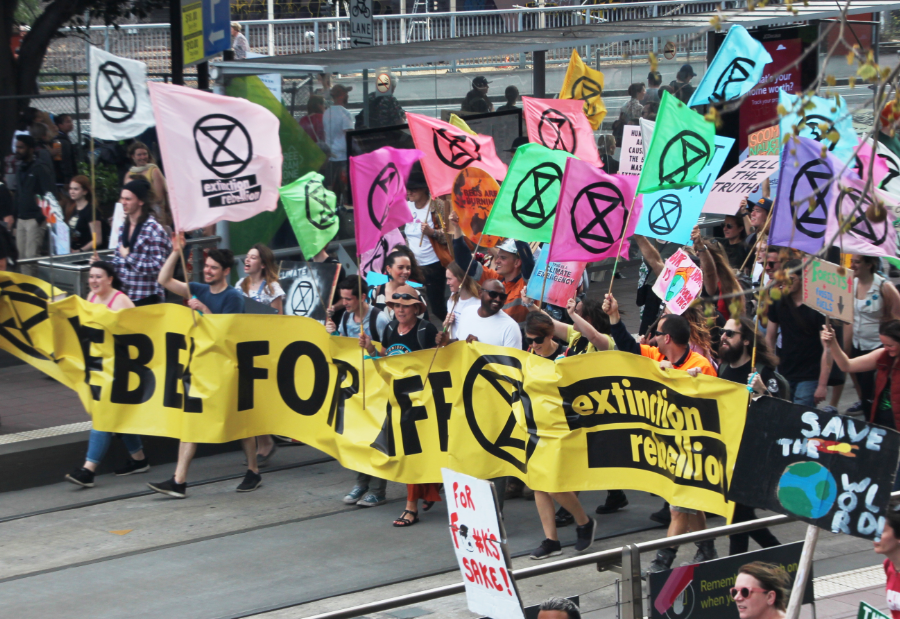
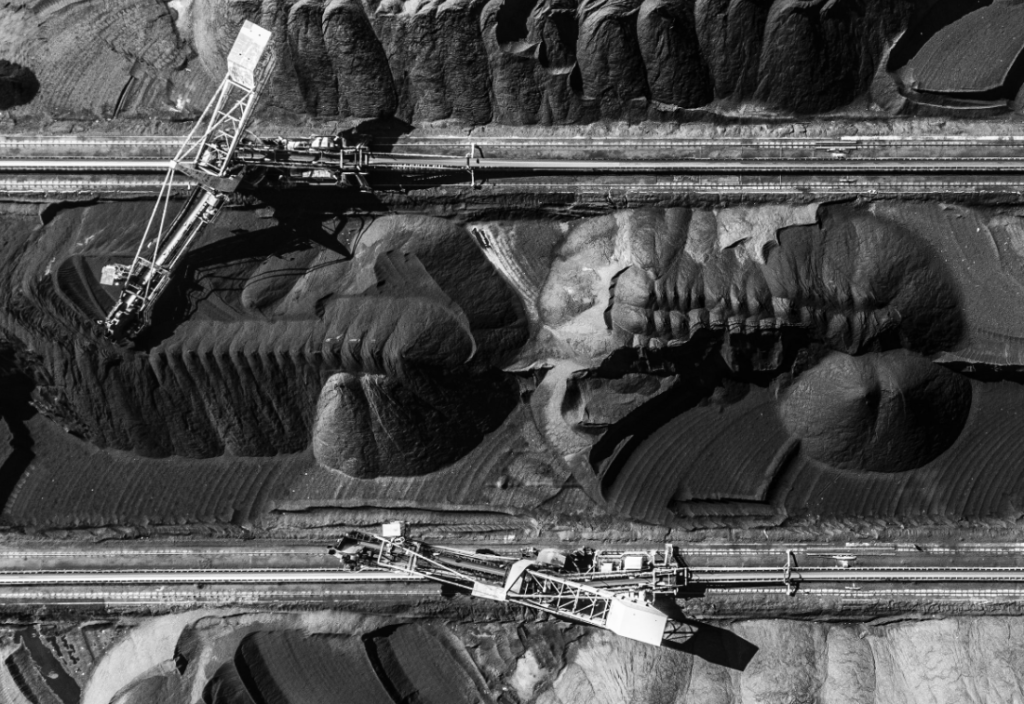
Simon James’ argument merely supplants one absolute morality with another.
He accepts that “saving the planet” doesn’t make sense. The Earth was once a ball of fire. This wasn’t ‘bad’ or ‘good’. It wasn’t ‘sick’ or needing ‘healing’. It just was. To be ‘good’, or even just to have value, requires a valuer. Anything must be judged good, and for that matter ‘good for’ someone.
So, unless you’re a theist, ‘absolute morality’ is an oxymoronic term.
But Simon isn’t happy to settle for an environmentalism that is purely relative – that is good for us. He wants to argue that consciousness is inherently, absolutely ‘good’. “These animals are not just parts of planet Earth, Mother Nature or whatever. They are conscious individuals.” So they “deserve to flourish”.
What is ‘deserved’ is a value judgement. Apart from the benefits of biological diversity for us, survival of individual animals or even of species is not absolutely or inherently ‘good’. If this were true then the fact that 99.9% of all species on Earth have died out would be a tragedy. It isn’t. It is just a bald fact.